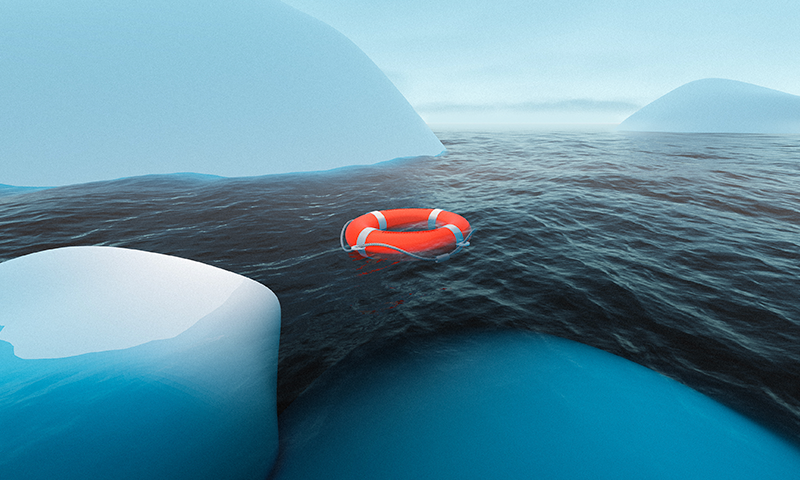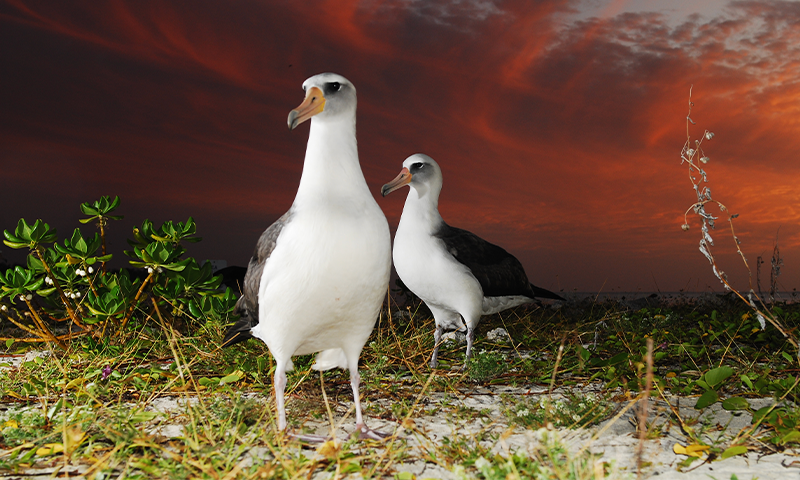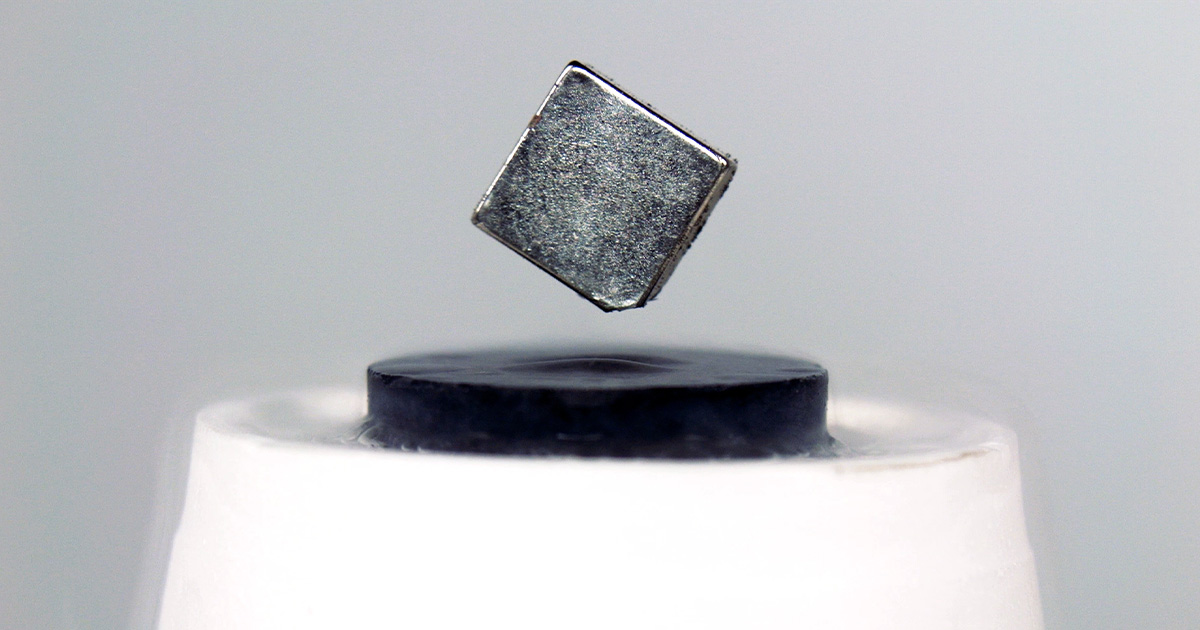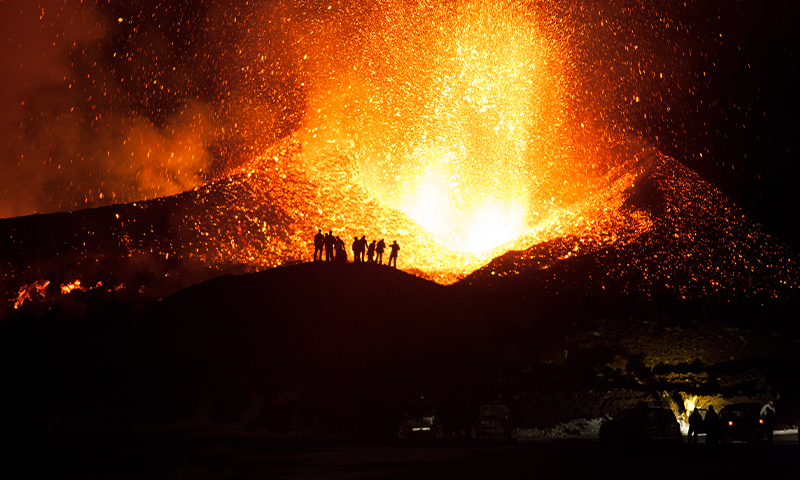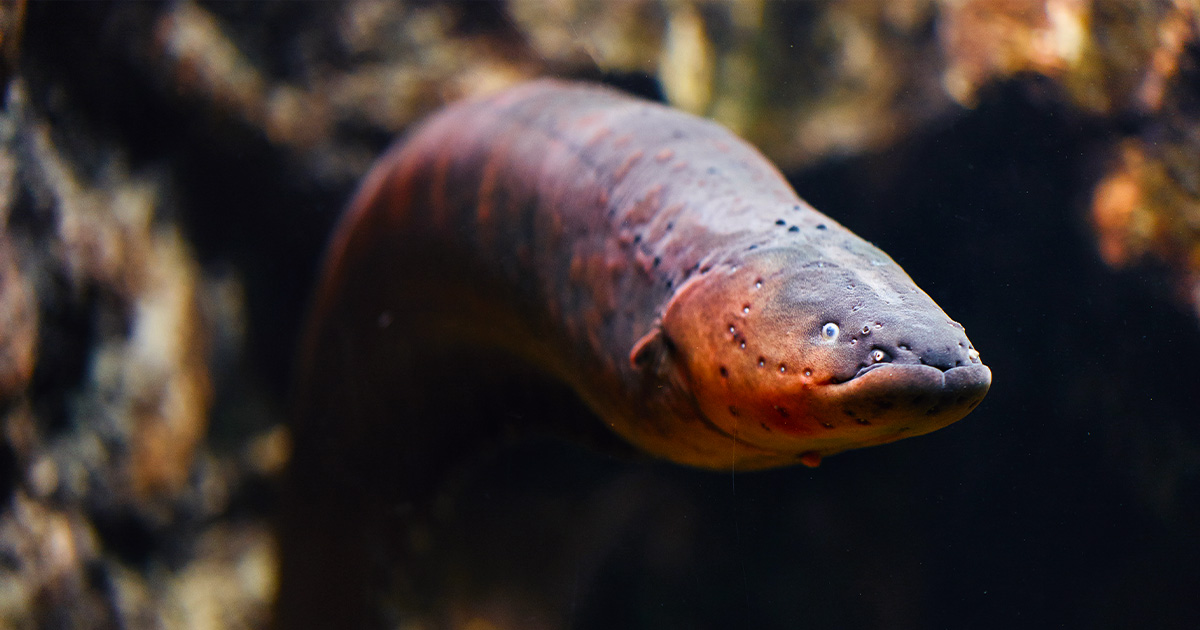The epitome of modern convenience, our toilets make waste disappear with incredible efficiency and ease. We seldom think twice about pulling the lever or about where all that swirls down the pipes ends up afterward. But the massive mazes of sewage pipes underneath our towns and cities ultimately lead to some body of water nearby,… Continue reading We Only Think We Flush It Away
Tag: Quantum Stuff
Another Path to Intelligence
Explore It turns out there are many ways of “doing” intelligence, and this is evident even in the apes and monkeys who perch close to us on the evolutionary tree. This awareness takes on a whole new character when we think about those non-human intelligences which are very different to us. Because there are other… Continue reading Another Path to Intelligence
Two Distinguished Scientists on How to Rescue Humanity
“Our remedies oft in ourselves do lie…”—Shakespeare, All’s Well That Ends Well Our Earth has existed for 45 million centuries; and humans for a few thousand. But this century is the first when our species is so numerous—and so demanding of energy and natural resources—that we risk collectively despoiling our planet. It’s surely an ethical… Continue reading Two Distinguished Scientists on How to Rescue Humanity
The Wisdom of Gay Albatrosses
Outside of humans, the best (worst?) example of repugnant same-species violence is found in chimpanzees. When compared to other nonhuman great apes, chimpanzees are notoriously bloodthirsty. I mean that literally. Rival chimpanzee groups defending their territories will engage in open battle where they will occasionally beat one another to death. But they also conduct clandestine… Continue reading The Wisdom of Gay Albatrosses
High-Temperature Superconductivity Understood at Last
When electrons couple up, further quantum trickery makes superconductivity unavoidable. Normally, electrons can’t overlap, but Cooper pairs follow a different quantum mechanical rule; they act like particles of light, any number of which can pile onto the head of a pin. Many Cooper pairs come together and merge into a single quantum mechanical state, a… Continue reading High-Temperature Superconductivity Understood at Last
Are We Ready for the Next Massive Volcano?
Mike Cassidy was there in 2010 when Eyjafjallajökull, a volcano-covering ice cap in Iceland, erupted. It shut down European air space for weeks, costing the economy billions. Cassidy, a Ph.D. student at the time, had been invited on a research cruise to the country by scientists studying the ocean. From the research vessel, he got… Continue reading Are We Ready for the Next Massive Volcano?
See Delicate Rib Vortices Encircle Breaking Ocean Waves
Imagine the perfect ocean wave: a wall of water swells and curls in on itself before breaking dramatically near the shore. Catching such a wave would be any surfer’s dream—and the physics underneath its churning surface is just as mind-blowing as the ride. As an ocean wave coils, it creates a hollow tube made of… Continue reading See Delicate Rib Vortices Encircle Breaking Ocean Waves
See Iceland Aglow in Volcanic Eruptions
Breaking more than seven months of calm, the peninsula of Reykjanes in western Iceland has once again burst into volcanic flames. After a swarm of earthquakes in late July and early August rocked the area,lava burst forth from the Fagradalsfjall volcano into the valley of Meradalir—not far from the barely cooled lava from the same… Continue reading See Iceland Aglow in Volcanic Eruptions
Electric Fish Genomes Reveal How Evolution Repeats Itself
Along the murky bottom of the Amazon River, serpentine fish called electric eels scour the gloom for unwary frogs or other small prey. When one swims by, the fish unleash two 600-volt pulses of electricity to stun or kill it. This high-voltage hunting tactic is distinctive, but a handful of other fish species also use… Continue reading Electric Fish Genomes Reveal How Evolution Repeats Itself
Scientists Reflect on Anthony Fauci’s Impact
Anthony Fauci, who has been the top infectious-diseases adviser in the United States for almost 40 years, announced on 22 August that he would resign from his leadership roles in December. Although many scientists are saddened to be losing his guidance, they understand his desire to step down. No other federal scientist has held a… Continue reading Scientists Reflect on Anthony Fauci’s Impact


